Resources
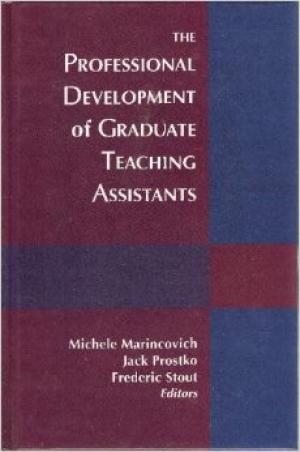
As both the need for and the expectations of teaching assistants in higher education rise, institutions must ensure that graduate TAs provide effective instruction. This comprehensive TA training handbook is an essential resource for those who prepare graduate TAs for their responsibilities in the classroom and for their overall professional development. Written by experts in the field of TA development, this book provides a clear framework for implementing and assessing an effective program. It is an ideal resource for all those who are interested in developing or improving TA training programs. (From the Publisher)
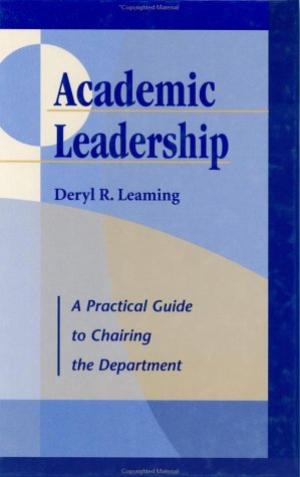
Dr. Leaming's book provides a comforting reminder that we need not waste time and energy reinventing the wheel. New and veteran administrators, particularly at the academic departmental level, can gain invaluable guidance by taking advantage of Dean Leaming's 30-plus years of experience. Whatever they are experiencing, he has already been through numerous times. He knows their challenges and anxieties, and, more importantly, the solutions to them. His book is written in plain, easy-to-understand language. It deals with everyday duties from attracting and hiring the most qualified people to dismissing those who don't work out, and from encouraging good teaching and research to dealing with difficult faculty members. The book also includes helpful summaries, checklists, tables and sample forms. Academic Leadership: A Practical Guide to Chairing the Department is a must-have resource book for the newly appointed department head that wants to avoid the trial-and-error management method. Dr. Leaming has been a department head at five universities and a dean at two. And he has laid out a roadmap that will come in handy continually for even the experienced person who still has a distance to travel down the administrative highway. (From the Publisher)
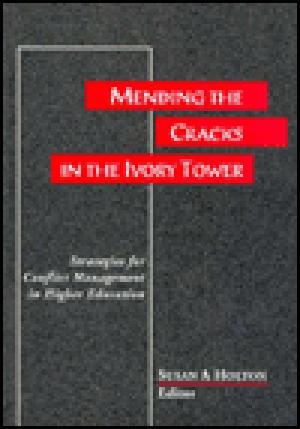
This book's 14 chapters provide models of conflict management and practical guidance for those working in institutions of higher education. (From the Publisher)

Deborah Core offers practical guidance for beginning seminary students who feel overwhelmed and under-prepared to write the number and quality of papers their courses require. The book begins with reflections on writing as a sacred action, then addresses such practical matters as choosing and researching a topic; outlining, drafting, and polishing a paper; and using the proper format for footnotes and bibliography. Also included are sample papers in MLA and Chicago styles and an overview of grammar and usage. (From the Publisher)
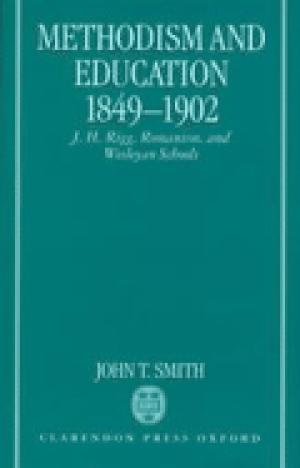
This thorough history of the Wesleyan Methodist educational efforts in Victorian England discusses the influence of Dr. James Harrison Rigg, Principal of Westminster Training College, who dominated his church and who made friendships with senior politicians of the day. The book also Looks in depth at the influence of anti-Catholicism, which was rampant in the Methodist church of the era. (From the Publisher)

Revealing that it is not what students think, but rather how they think that is important to the learning process, the contributors to this issue explore the full-range of cognitive and emotional dimensions that influence how individuals learn—and they describe teaching practices for building on these to help students develop intellectually and personally. They examine how students' unique understanding of their individual experience, themselves, and the ways knowledge is constructed can mediate learning. They look at the influence of gender, race, ethnicity, and sexual orientation in shaping the learning process and examine how to create a culturally responsive learning environment for both students and faculty. The issue also explores the role of service learning in developing a strong sense of the caring self, examines the opportunities and challenges of expressing cultural identity in the learning community, and offers various strategies for linking learning goals to students' views of knowledge. (From the Publisher)
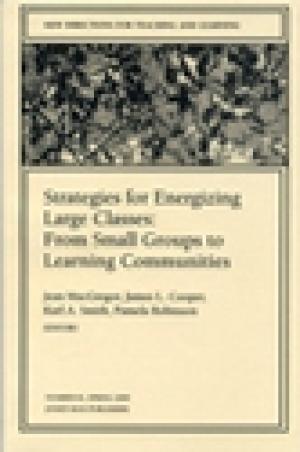
The large introductory lecture classes common on most campuses pose a particular challenge to instructors who want to encourage the active student involvement that is a vital part of the learning process. (From the Publisher)
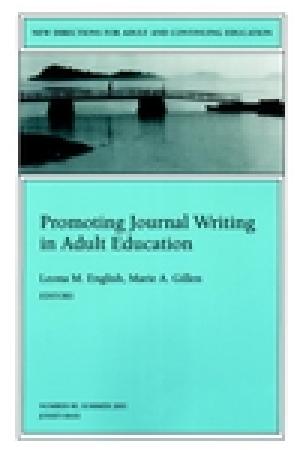
In this issue, the authors argue that adult educators must find ways to add a spiritual dimension to their practice if they are to take a truly comprehensive approach to adult education, one that meets all of adult learners needs. They show how an integral part of adult education is helping learners discover a sense of meaning and purpose in their lives, a feeling of connection with something larger than themselves. The contributors discuss how mentoring, self-directed learning, and dialogue can be used to promote spiritual development, and advocate the learning covenant as a way of formalizing the sanctity of the bond between learners and educators. They draw on examples from settings as varied as continuing professional education, community development, and health education to show how a spiritual dimension has been been successfully integrated into adult education programs. (From the Publisher)
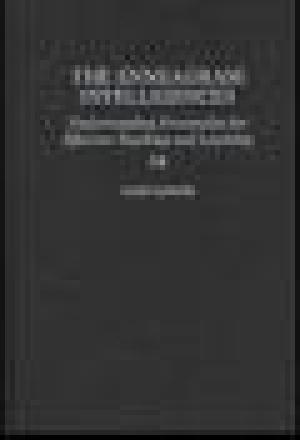
First taught in the United States in 1971, the Enneagram is now used in counseling settings, corporations, university classrooms (including Stanford Business School) and other educational institutions. The Enneagram system is a model of human development which describes nine patterns of personality. Each type is distinct with its own point of view and focus of attention based on nine psychological strategies. Janet Levine has analyzed the system and refined it for use by educators and students in the quest to facilitate teaching and learning. (From the Publisher)
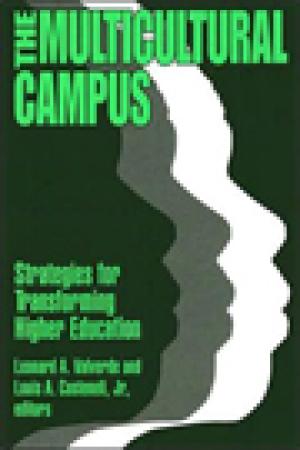
The Multicultural Campus brings together administrators, faculty, and students to offer strategies that will alter the academic environment of the future. Hispanic, African, and Asian American educational leaders examine the obstacles they have faced, as minorities, climbing up the predominantly white career ladder in American universities. Firsthand accounts show how change on governance, executive, faculty, and curricula levels will help us better educate all students in our nation's growing pluralistic society. (From the Publisher)